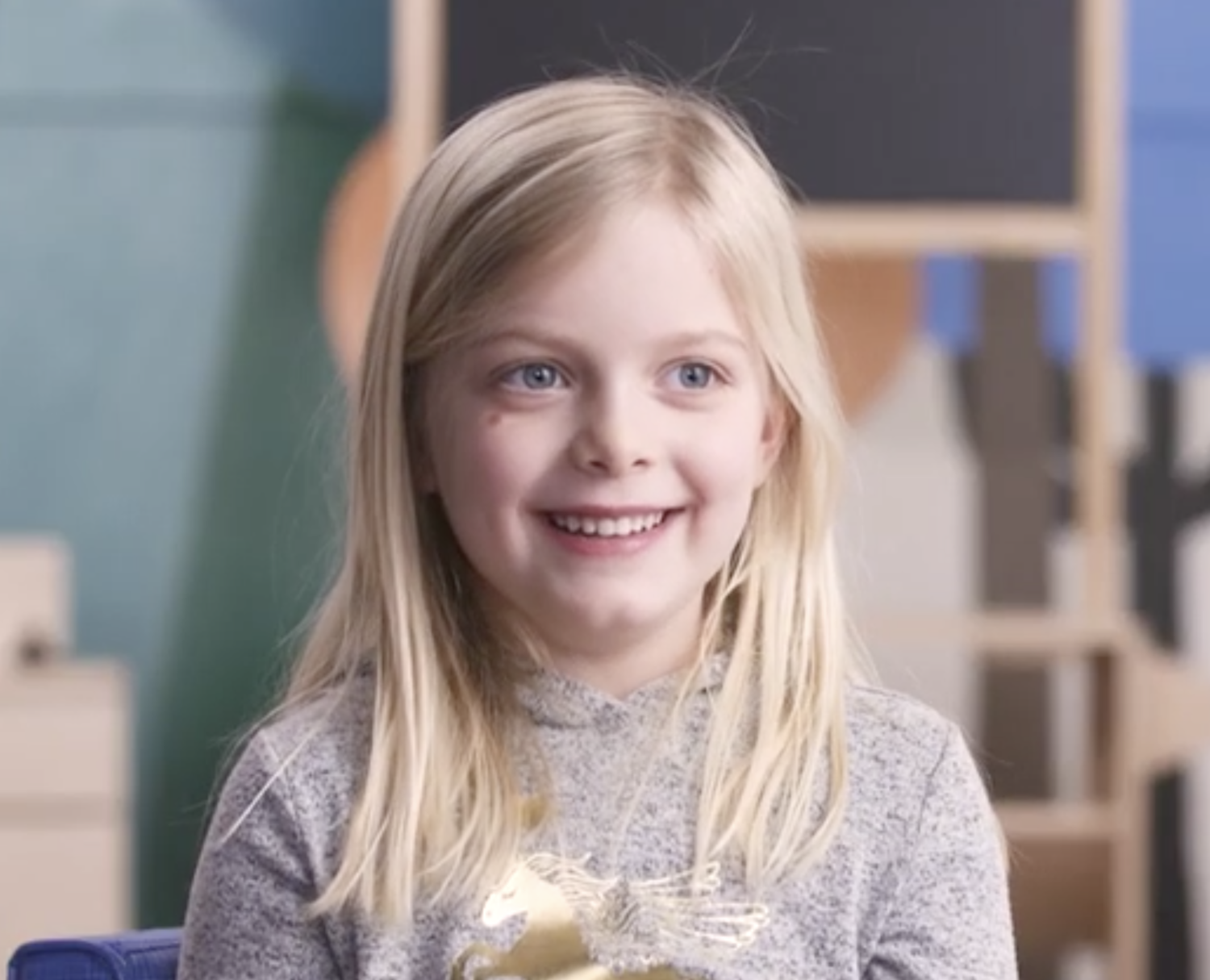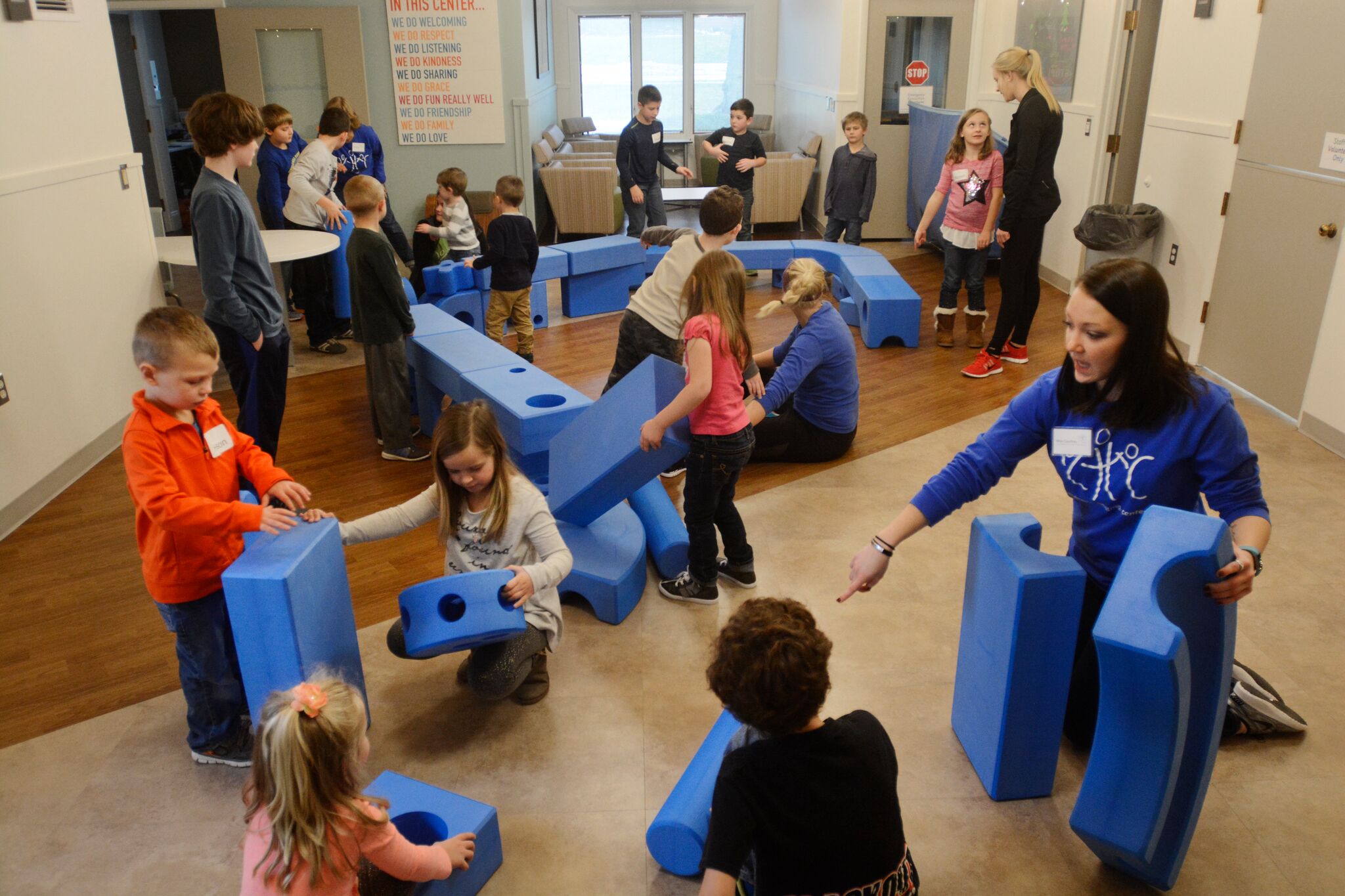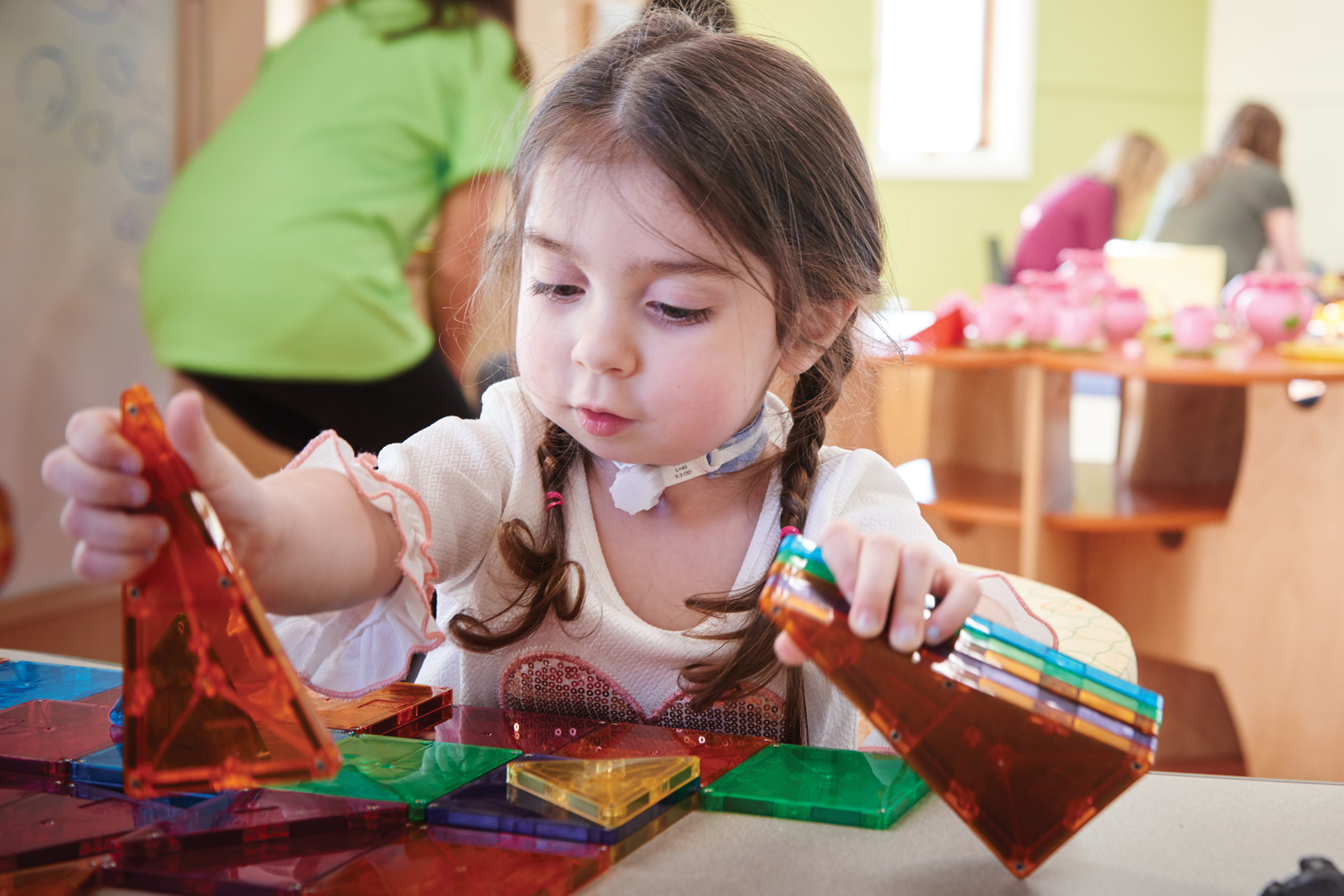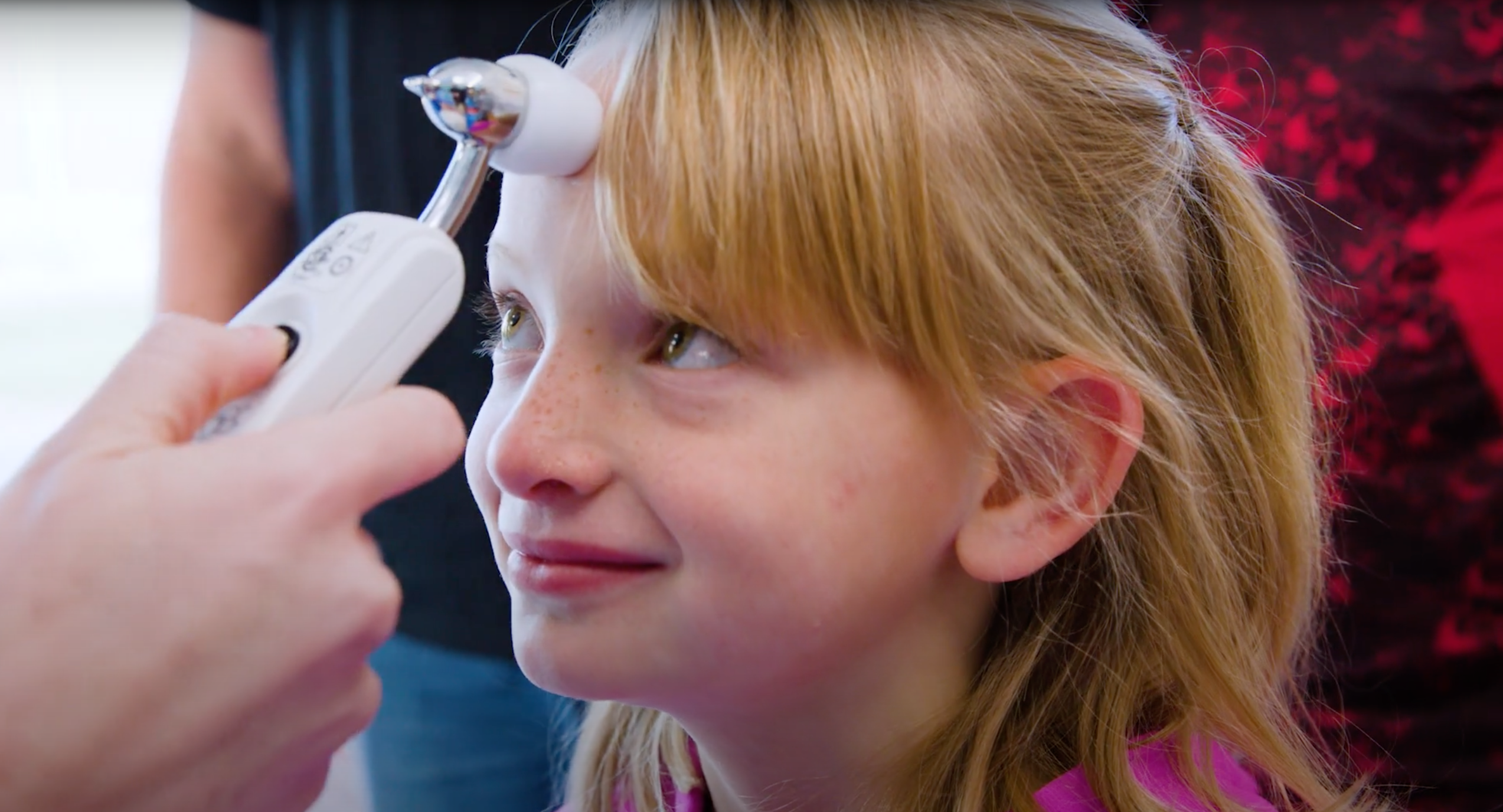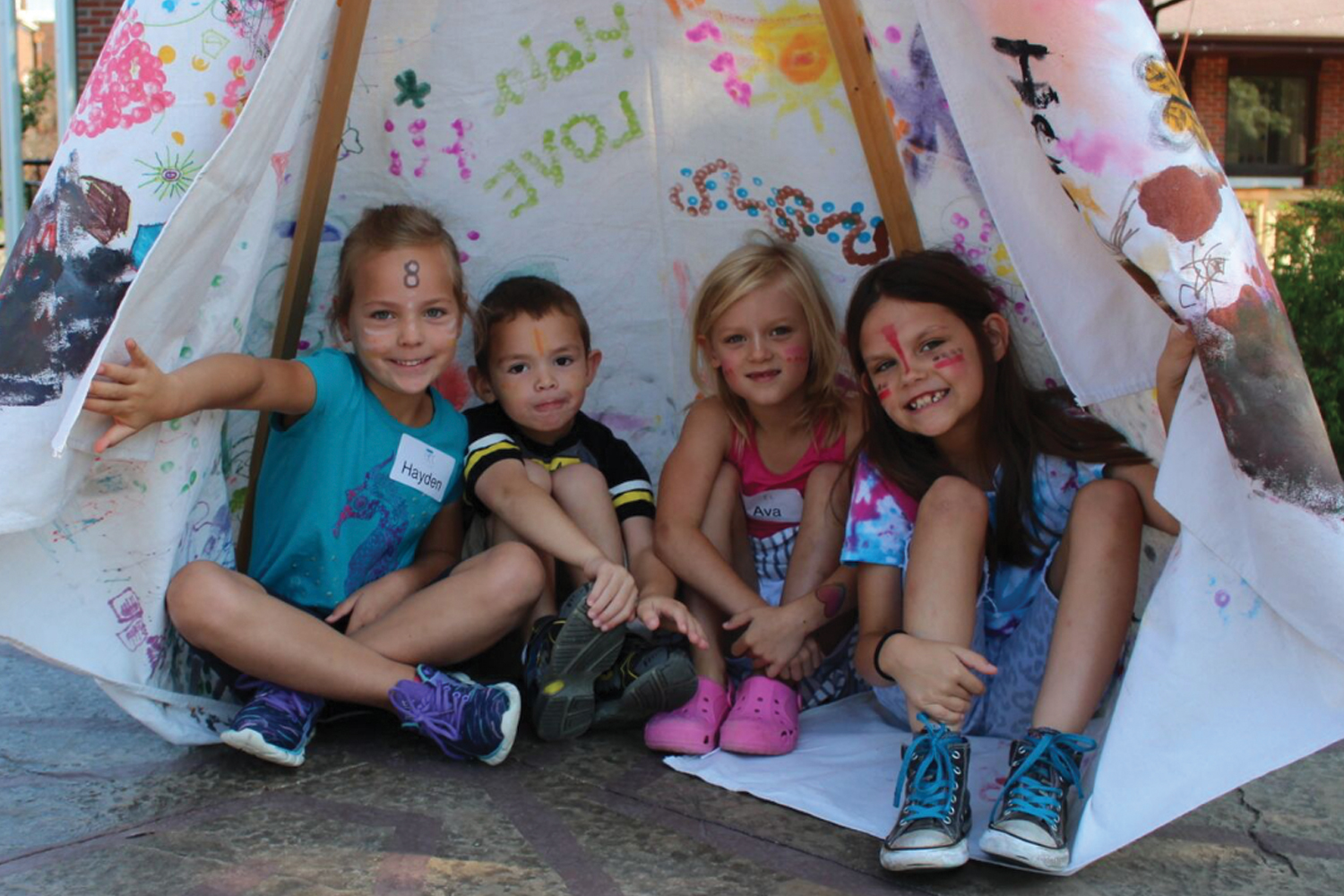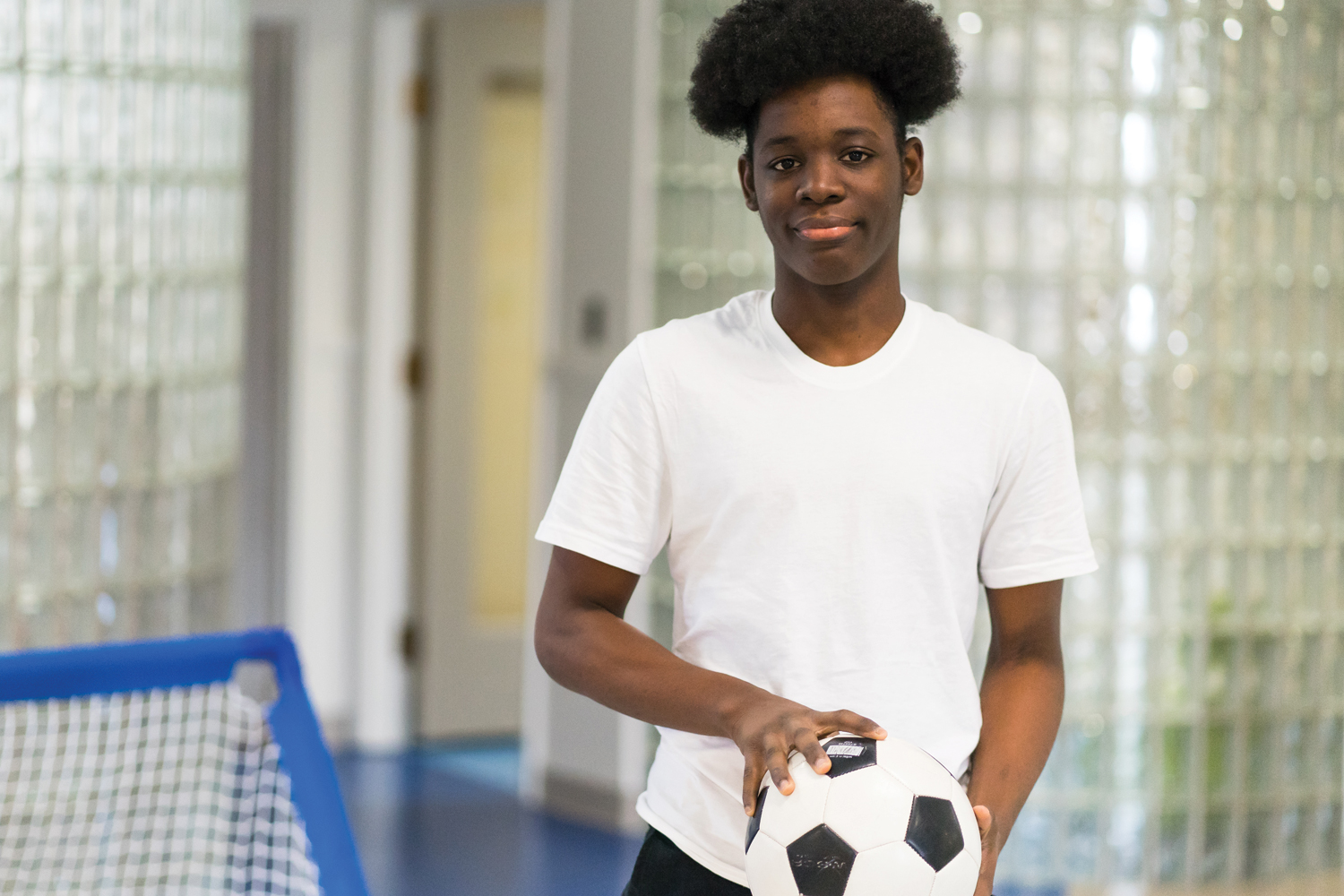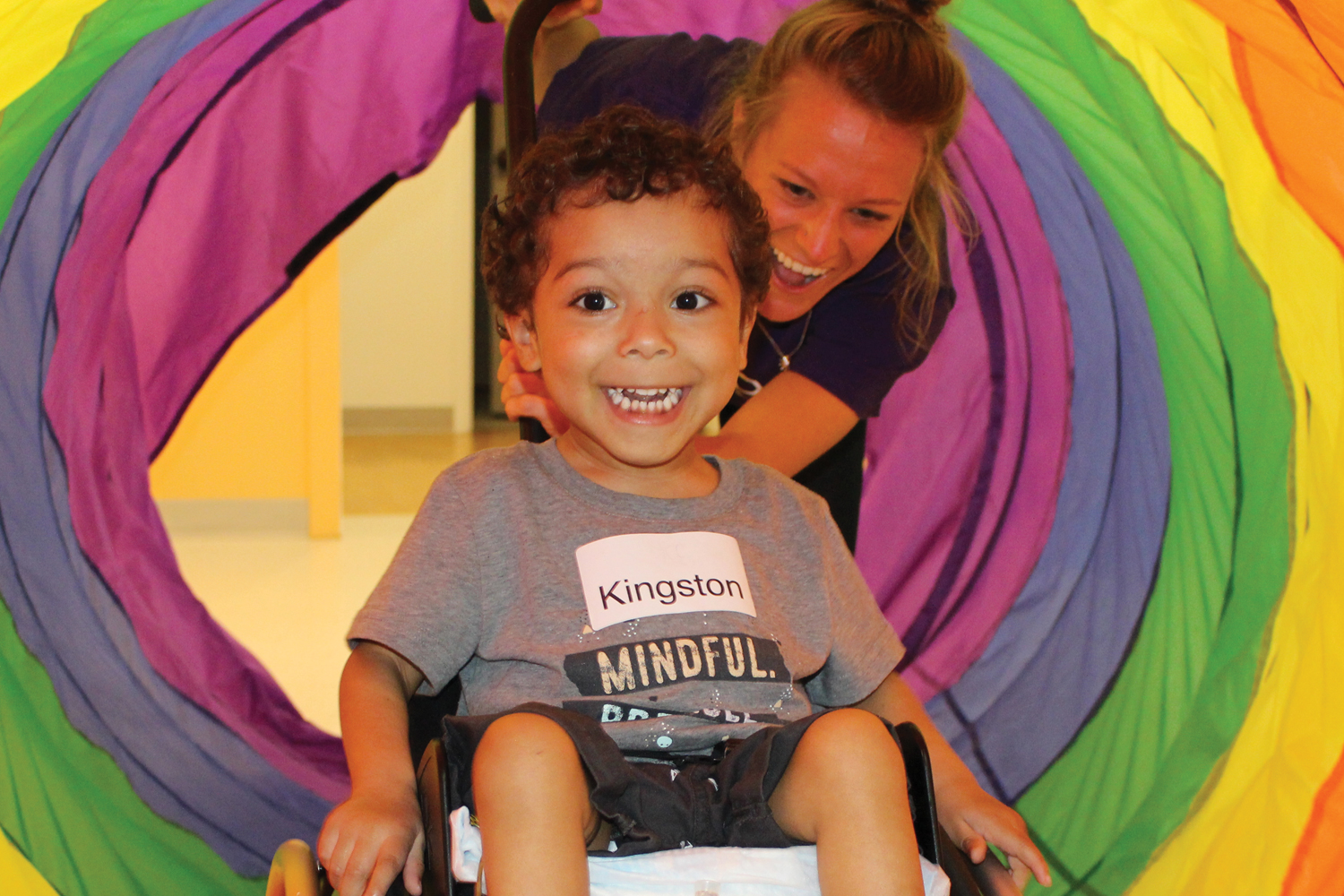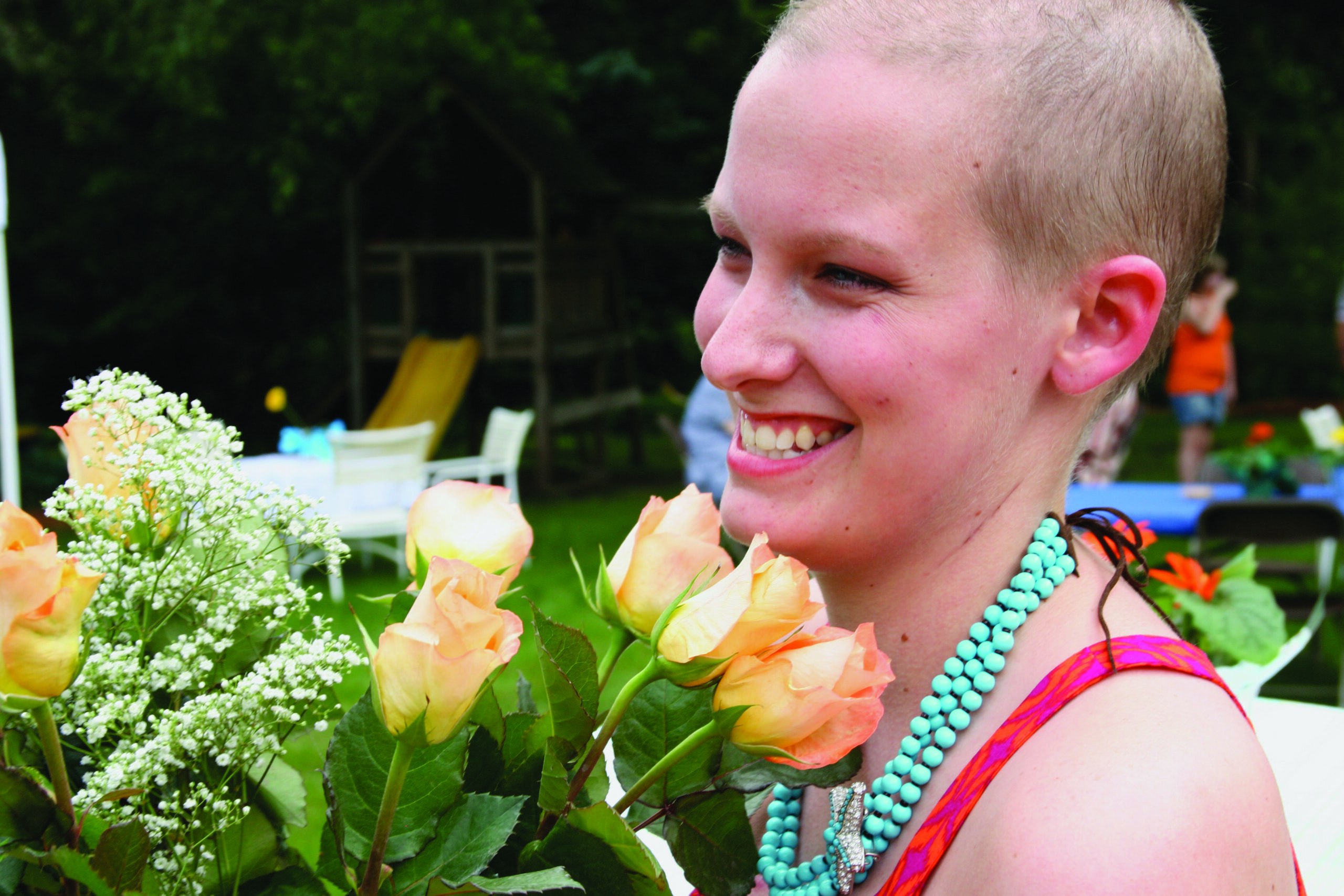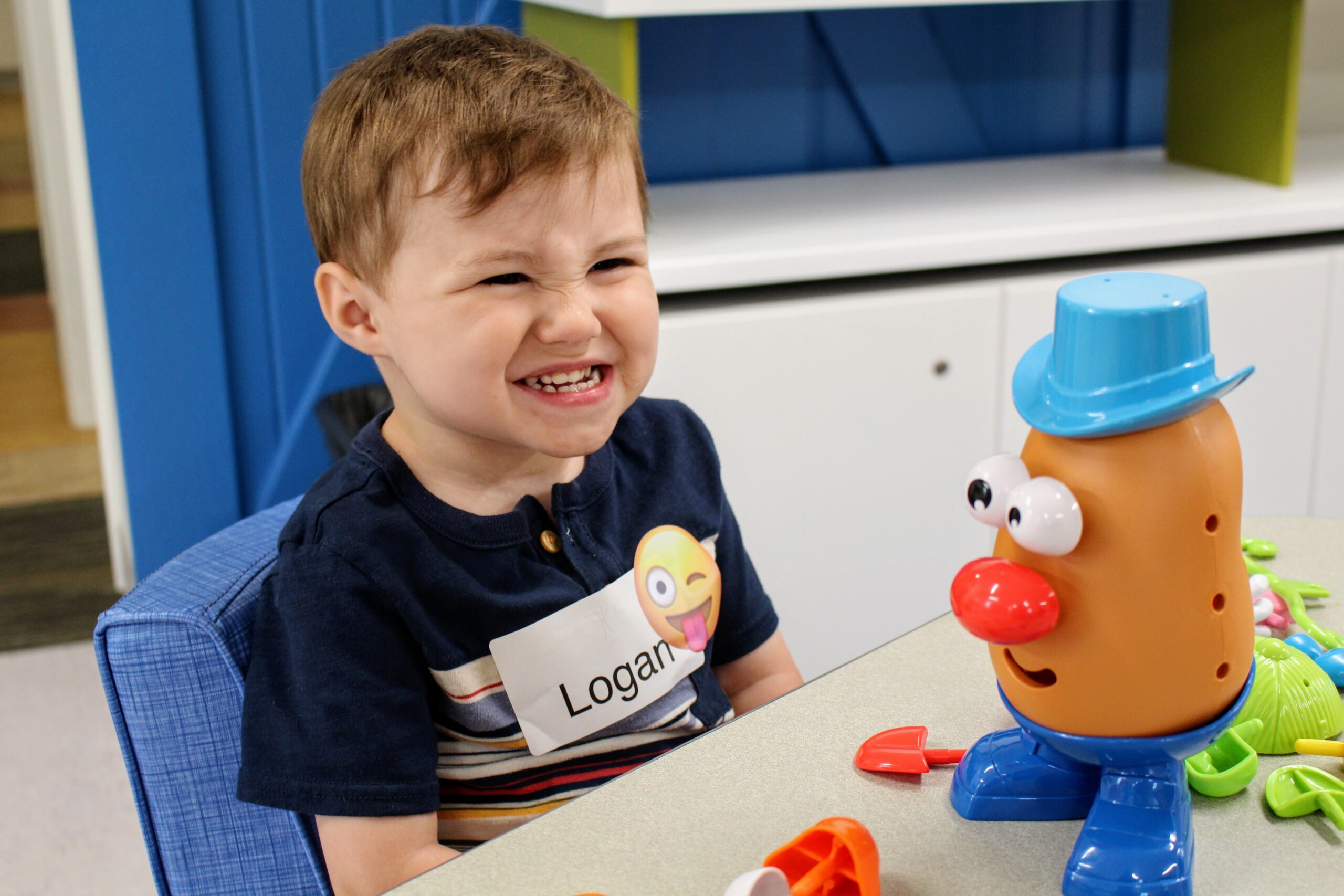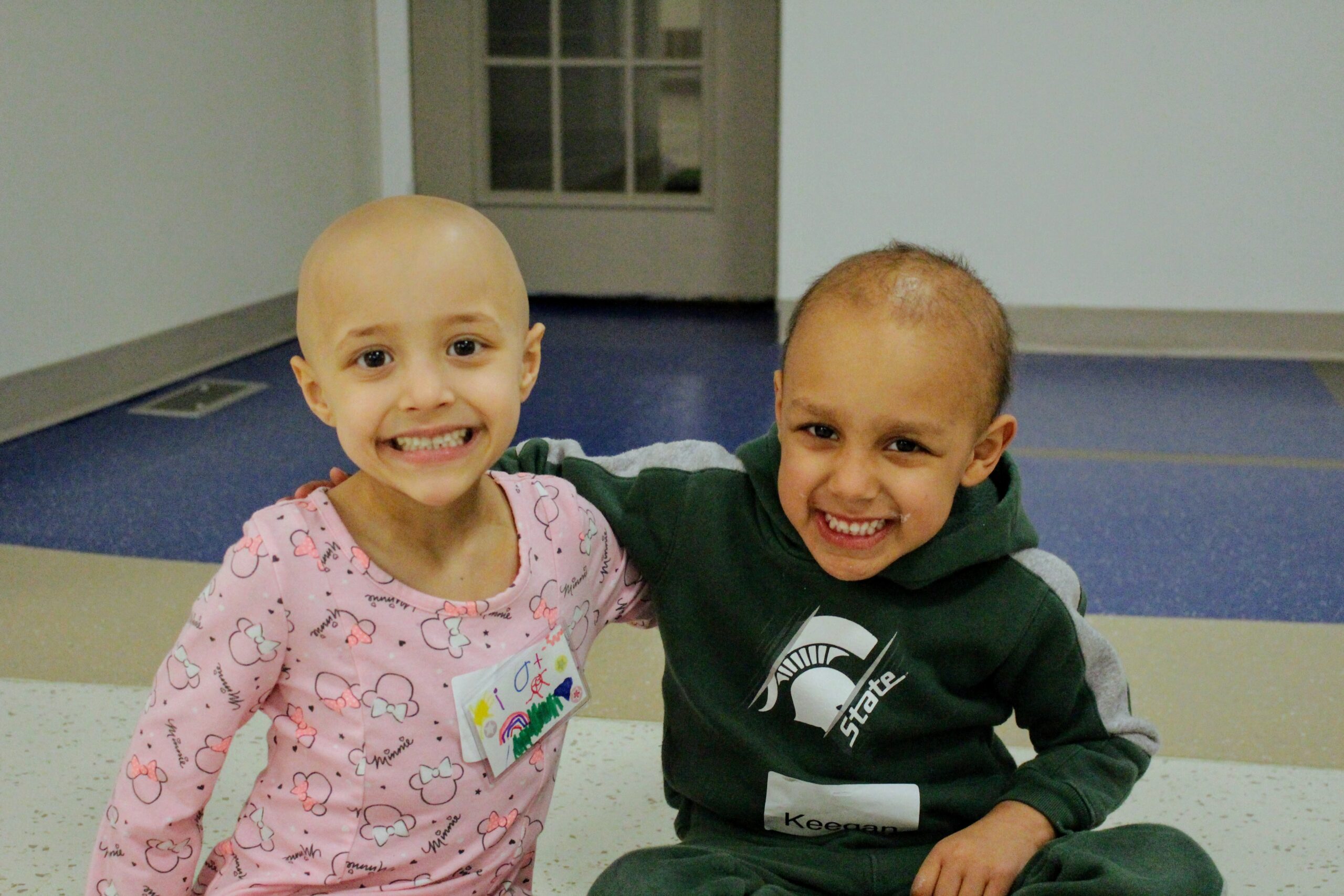Shortly after my daughter’s Neuroblastoma diagnosis nearly 10-years ago, I was grappling with how, and if, we would come out the other side.
While sharing my feelings with our beloved oncologist, Dr. Mitchell, she told me that one day, when we cured Claire and found ourselves in life after treatment, I would likely find that harder to navigate than the treatment and uncertainty we were currently facing. I am pretty sure I laughed out loud at that. How could life beyond cancer be more anxiety inducing than being in the middle of it?
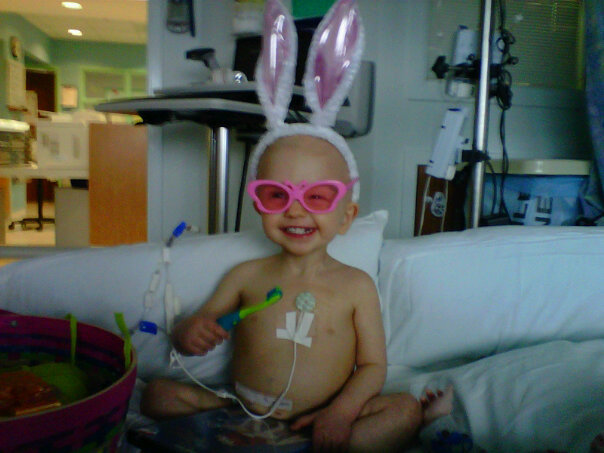
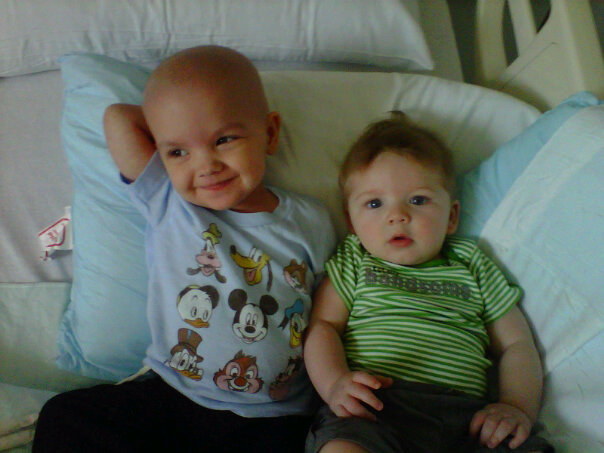
Unless you have walked the cancer road, it’s hard to explain to someone how hard post-illness can be. The outside world hears the word “cured”, and sets the expectation that you can return to life just as you were before diagnosis. While you gleefully run full-speed ahead to return to a life not ruled by appointments, scans, chemo, and the like, you are also left with the remnants of the trauma you, as the parent, endured.
During a life-threatening illness involving a child, and long after, there is a lot of focus on the afflicted child and even their siblings- and rightfully so. That is so important and very needed. What is overlooked in the journey is trauma endured by care-givers. I feel as though I could write volumes on it. Specifically, around the anxiety that hangs over my life.
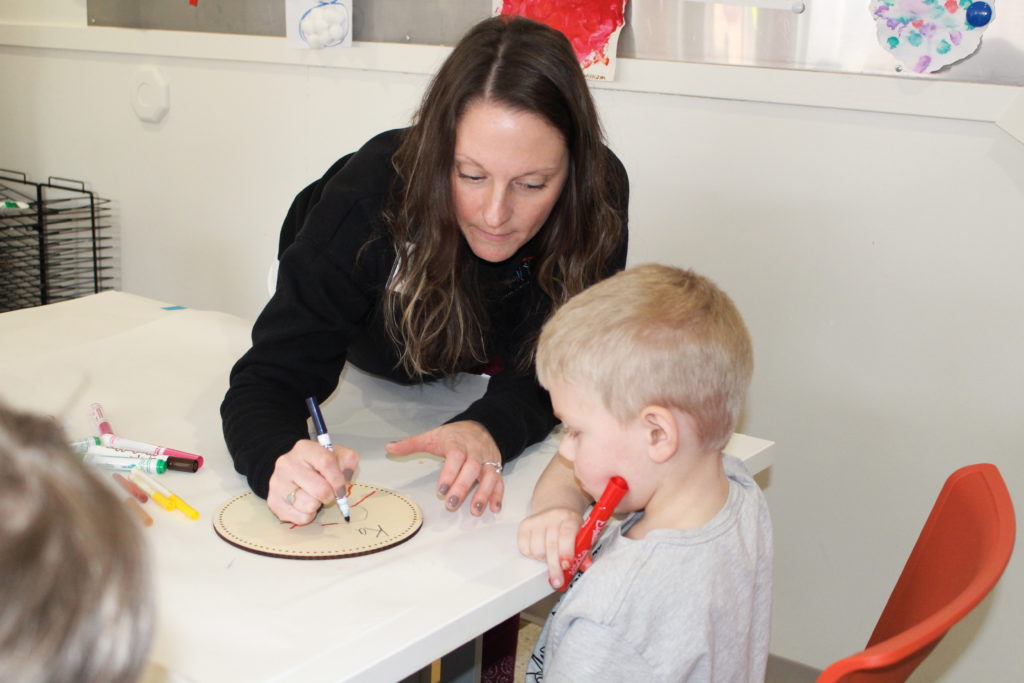
Melissa helping a member with a craft.
It started with worrying about my daughter. Every headache, bruise, minor complaint…every everything brought forth thoughts of: “Is it back? Are we being thrust into this again? Is this a dreaded side-effect, damaged organs or a secondary cancer? Could we still lose her to this?”.
While the immediate fear of IT coming back has faded, it will never be completely gone. I understand this and can manage it. What is harder to navigate is the cloud of anxiety cast on the rest of my life.
Cancer morphed my fight or flight response into a full-on way of life. 24-7/365 I am (for the most part unconsciously) assessing potential hazards and how to survive every worst-case-scenario imaginable. My brain is CERTAIN that the absolute worst can and will happen to my loved ones at every turn. My body responds accordingly, by being in a heightened state of awareness at all times.
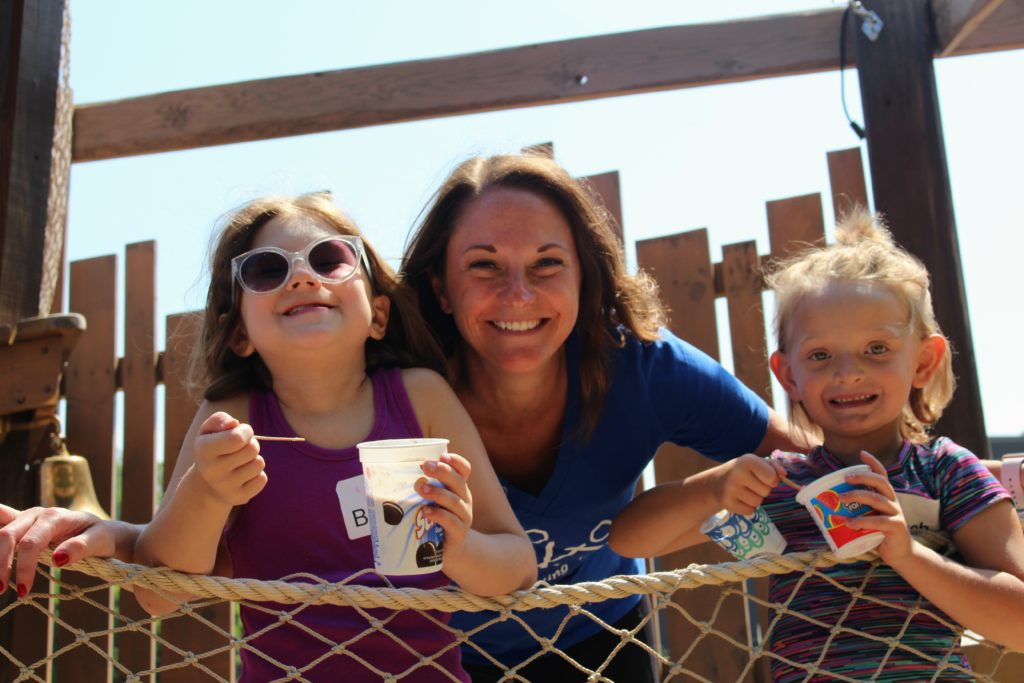
Melissa enjoying sunshine with members.
It can be consuming. It is exhausting. It is definitely not a healthy way to live.
I try not to hover over my kids, let it dictate my decision making, or draw others into my bizarre-o head space. I don’t always succeed, but I am aware of it and try not to let it rule every waking moment. I have tried counseling and medication. Neither of which I am ashamed of, but neither of which was a great fit long-term.
Over time, and with honest self-assessment, I am learning tricks to alleviate my fears. Being a Christian, I believe that fear and anxiety are not from God. One thing that has recently worked extremely well for me involves stopping mid-thought and telling Satan that he has no authority to rule my life with fear. I instead turn my thoughts to praise and trust and of God in my life.
“I have been surprised and grateful at the flood of peace that follows.”
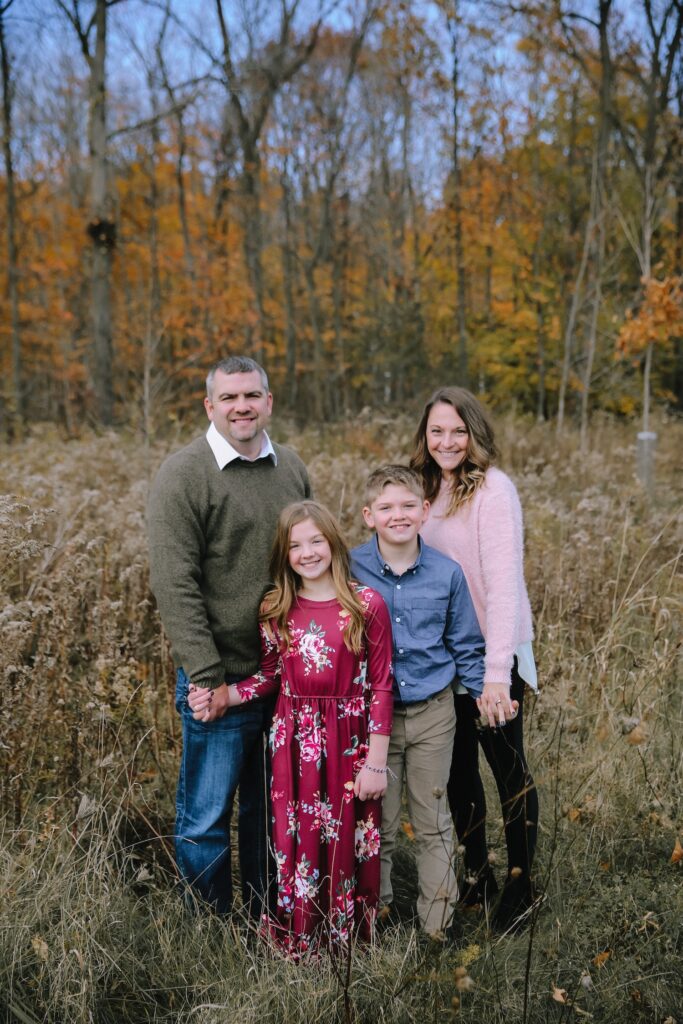
The Block Family
Claire’s medical journey was hard fought and mercifully won. I am finally in a place where cancer is not my first thought upon waking or going to sleep. And the rest…I am working on.
Do you also experience anxiety due to trauma? What tricks have you found to manage your thoughts and feelings?

